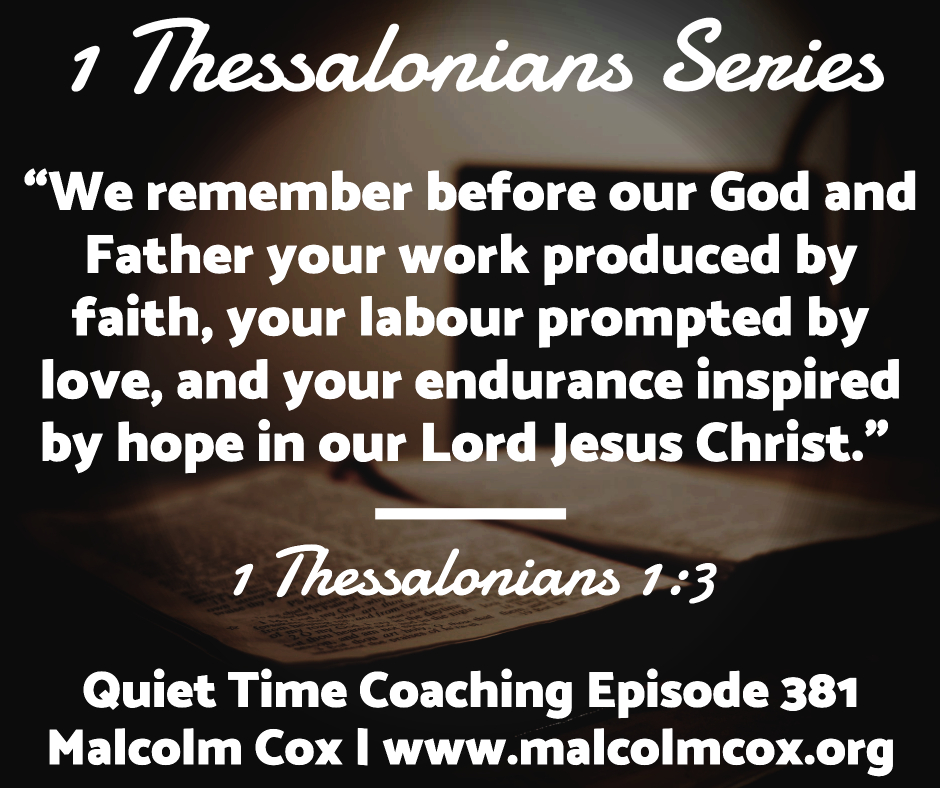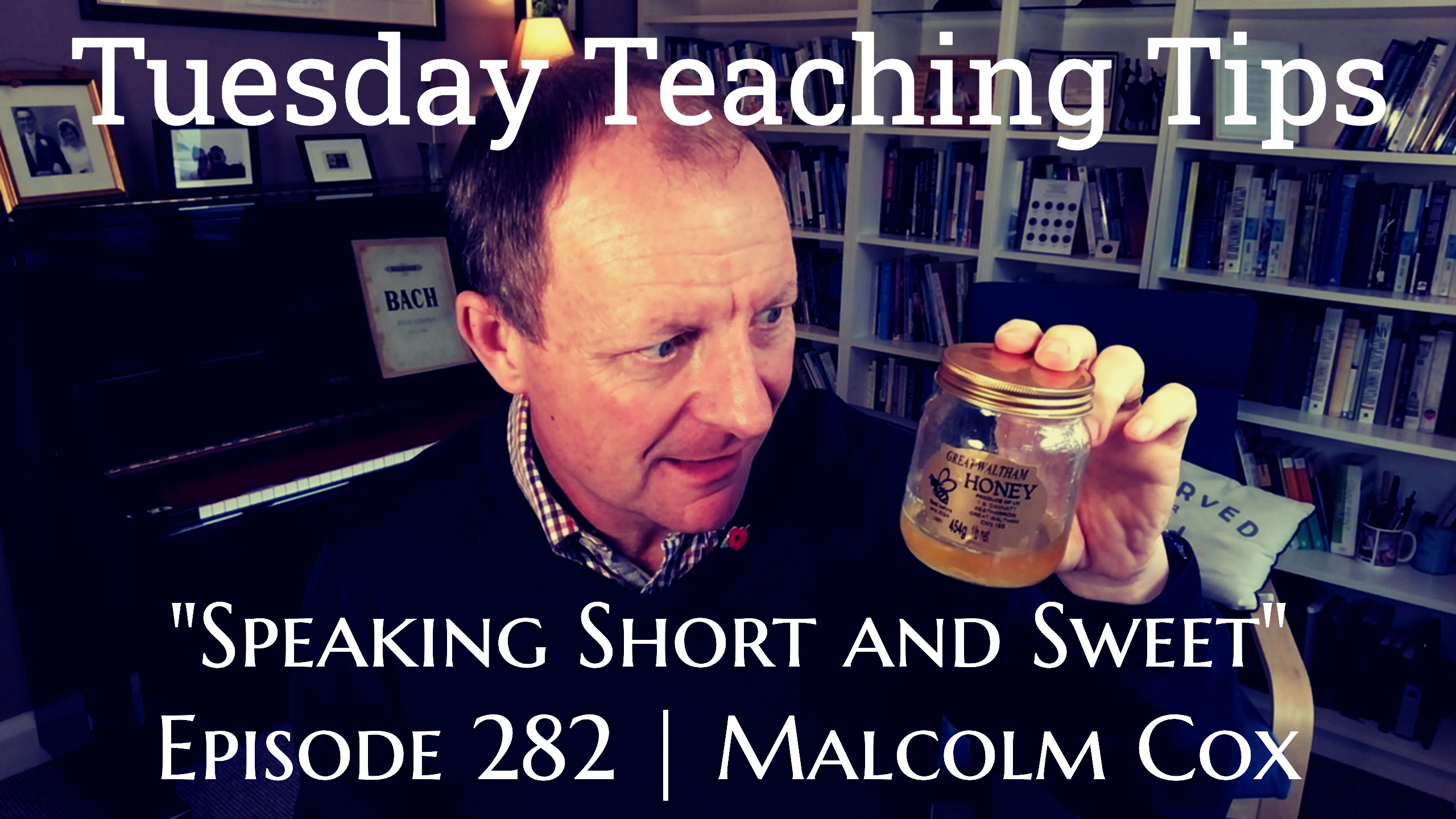Preaching and teaching without using your imagination robs your listeners of the power in God’s word.
It looks to me as if Jesus used his imagination in his speaking. Considered the parables. Stories with a powerful point informed by Jesus’ imaginative reflecting on old covenant themes illuminated by new covenant realities.
This is on my mind because of a book I’m reading. This one is called, “Wilderness Time” by Emilie Griffin. it’s a book about taking a spiritual retreat, not speaking, but a point she makes under “The discipline of meditation” on page 28 caught my…er…imagination!
The section is too long to quote in the show notes here, so go and listen to the podcast or watch the video. But she makes excellent points connected with meditating on Mark 3:1-5.
What helps your imagination come to life? How does it benefit your Bible study and speaking? What are the limits of using our imagination? Not too long ago I heard someone say that Jesus was tired and frustrated, when the passage he was talking about does not say so. Is that legitimate? I imagine he imagined that was the case.
Please add your comments on this week’s topic. We learn best when we learn in community.
Do you have a question about teaching the Bible? Is it theological, technical, practical? Send me your questions or suggestions. Here’s the email: malcolm@malcolmcox.org.
If you’d like a copy of my free eBook on spiritual disciplines, “How God grows His people”, sign up at my website: http://www.malcolmcox.org.
Please pass the link on, subscribe, leave a review.
“Worship the LORD with gladness; come before him with joyful songs.” (Psalms 100:2 NIV11)
God bless, Malcolm
PS: You might also be interested in my book: “An elephant’s swimming pool”, a devotional look at the Gospel of John


